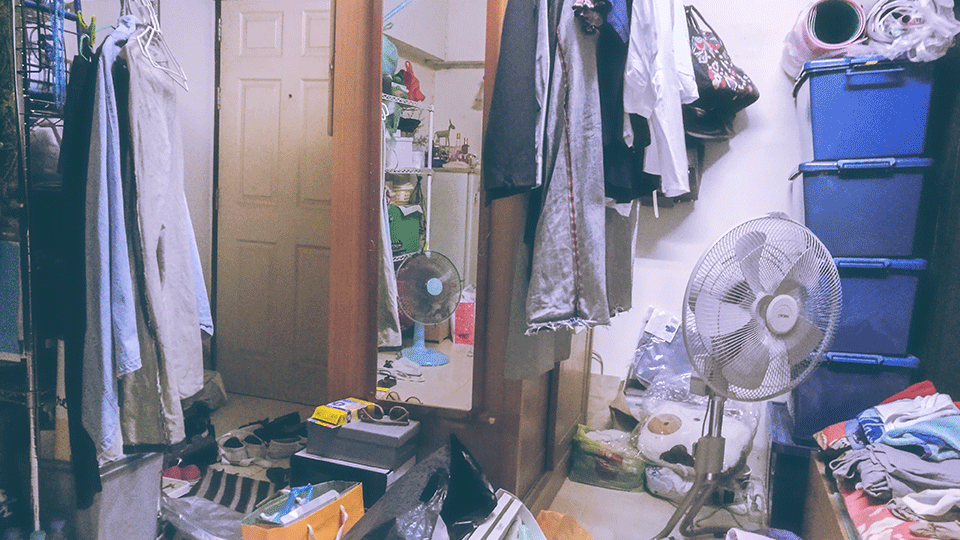When trying to save we often focus on the biggest ways to cut costs; looking at utility bills, cancelling memberships, reducing the amount of luxuries we have in our lives. However, have you ever thought of the true cost of the clutter in your home? There are significant savings to be made if only you take the time to de-clutter your life!
Are you paying for storage space for all the extra items that you are keeping even though you probably do not need them anymore? It’s understandable that we often get attached to some possessions even if they hold no value, but this can end up costing you when you are paying out for external storage space to house them all. It may be a good idea to have a sift through and see what has seen better days, what can be thrown away, what can be given to family or friends and what can be sold.

How many times have you had to repurchase something you know you have somewhere at home but just cannot find? Whether its television remotes, staplers or sunglasses, replacing these items time and time again adds up to a considerable amount of cash that could be better used elsewhere. Having a de-clutter of your home may unearth items you’ve been looking for and save you money on repurchasing.
Cluttered kitchen cupboards and poor food planning means high food waste! Food waste costs the average person in the UK £200 a year (NIDirect.gov.uk). Tidy your kitchen cupboards so you can see exactly what you have, then you can prepare food in advance to reduce food waste and save money on eating out and rebuying food that has passed its expiry date sat at the back of your kitchen cupboard. With 1.9 million tonnes of food wasted every year in the UK, (FareShare.org) it’s time to start making a difference by being more conscious of the food we throw away.
Losing receipts and then not being able to return unwanted items can be costly. Many retailers now offer the option of email receipts sent direct to your inbox. This is a great way to ensure you never lose your receipt - simply move all your email receipts into a folder where you can always access them at the click of a button. If you still prefer your printed receipts over online ones, make sure you put your receipts straight into your purse or wallet instead of the carrier bag (where its likely to be thrown away) and then transfer all receipts into a safe place at home such as a box or folder. That way you know exactly where the receipt is to those pair of shoes that don’t fit!
Cluttered homes can often be full of hidden gems that you no longer want or need but can sell on for extra cash. There are many ways you can sell your unwanted items; either online with Ebay, through apps such as Shpock, or even face to face at car boot sales. If the items don’t sell that’s no worry, simply drop the items off at your local charity shop who will be more than happy to take them off your hands and sell them on to fundraise for a worthy cause.
And lastly, let’s not forget the time wasted spent looking for lost items in a cluttered home! The average person spends around one year of their lives looking for things they’ve lost. That time could be spent elsewhere doing something like putting your feet up and relaxing.
So, what are you waiting for? Schedule in a weekend declutter and start saving those pennies.
https://fareshare.org.uk/what-we-do/hunger-food-waste/
https://www.nidirect.gov.uk/articles/food-waste